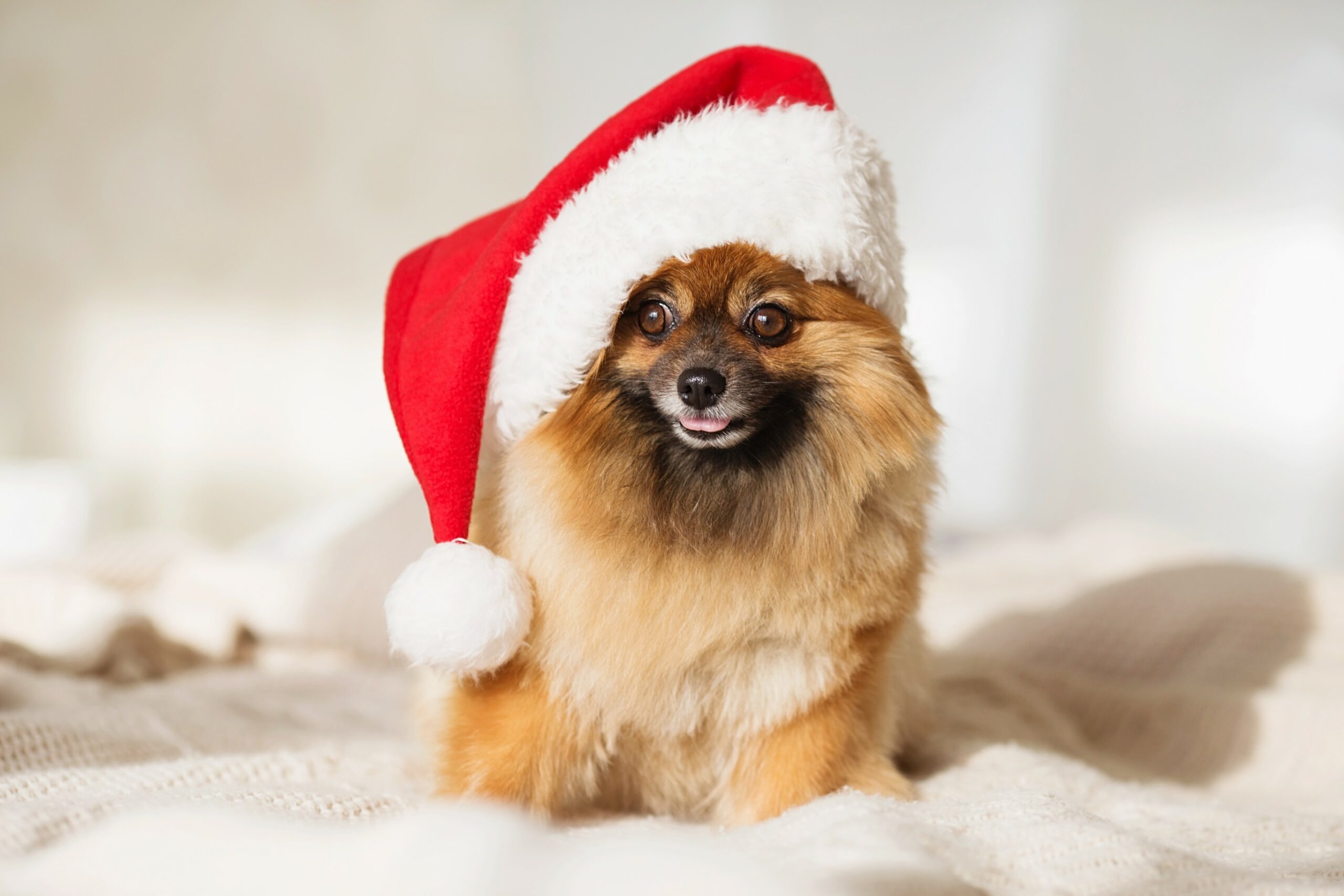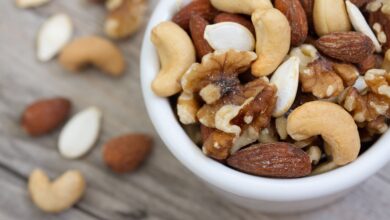Most owners of small dogs slip up when it comes to providing their pets’ grooming and nutrition needs. More than half fail to understand the special requirements that miniature-sized dogs have, according to a new study by Hill’s Pet Nutrition, based in Topeka, Kansas.
To help them out, popular groomer Jess Rona and veterinary experts at Hill’s have teamed up to provide expert help. Their aim is that these pets receive the best care possible not only at holiday time but at all times of the year.
Miniature-sized and small dogs are forecast to be the quickest growing breed size over the next five years, says Dr. Karne Shenoy, U.S. chief veterinary officer at Hill’s.
Their growing popularity makes this a good time to remind their owners that these dogs have their own physiology when they are compared with larger breeds. They also have their own energy needs. They can live up to 16 years, which is 75% more than large dogs, Shenoy adds. That means they will eat almost twice as many meals over their lives as their bigger counterparts.
Tips to help you care for your dog
Follow these tips when caring for your small dog.
Go beyond just grooming
Many owners fail to pay close attention to keeping their small dog’s coat and skin healthy.
You might be looking for bright ways for your pet to stand out, particularly if you are taking pictures to place on holiday cards or to show off your pet when you take it to a gathering. You also might be checking out the latest grooming styles.
You do need, however, to go further than simply having your pet groomed in line with the latest trends. You need to make sure that your dog enjoys a quality diet, both during the winter as well as throughout the year. In that way your dog will be able to withstand seasonal changes, will look healthy, and will be well prepared for styling.
Your dog will simply look better because its skin and coat are healthier.
Rona recommends that you see your groomer every four to six weeks, depending on the length of the dog’s coat and the breed of the dog.
Choose the right accessories
Small dog owners are three times more likely to demonstrate their love for their pet with outfits and accessories. It is, after all, part of the special look at certain times of the year, such as Independence Day, halloween, and the end-of-the-year holidays.
Many pet owners, however, put appearance ahead of comfort for their dog.
Shenoy agrees that it can be fun to dress up pets for holiday card pictures and for holiday gatherings. She warns, however, that you, as an owner, should make sure that the accessories or outfit fit correctly. They should not restrict movements by the pet.
You also should:
• Check to ensure that the outfit has been made from materials that are non-toxic.
• Monitor your pet for any signs that indicate stress. If you see such signs, you should take off the outfit if that is the cause of stress.
• Never leave your pet without supervision while the dog is dressed in a special costume.
Make sure a gift is the right size
Americans are estimated to be spending about $109 billion on their pets a year, including presents for holidays and special occasions.
Many pet parents give toys that are too big for a small dog to hold or that are too hard on their teeth. The toys should be an appropriate size, Shenoy emphasizes. On the other hand, toys that are too small can either result in intestinal blockage if they are swallowed or be choking hazards.
Feed them correctly
Studies show that more than half of all small dog owners are purchasing food that is unsuitable for their dog’s size. Because small dogs have special health needs that are different from larger dogs, Shenoy suggests that you select a food that is developed to provide those nutritional requirements so that they will feel and look their best.
She points out that the food should meet the calorie requirements of small dogs. It also should contain more antioxidants than required by the American Association of Feed Control Officials (AAFCO) and should have additional amounts of vitamins E and C to support an immune system that is healthy. Hill’s has formulated a food that is specially designed to provide the best possible nutrition for small dogs, she adds.
Keep to their regular foods
Owners of small dogs should restrict their eating at holiday times so that they are kept healthy and fit, Shenoy advises. You should keep to their regular food regimen and avoid giving them human foods, particularly those that can be poisonous to dogs, such as grapes, chocolates, and some nuts. Also avoid those foods that are high in fat.
Avoid causing stress for your dog
Many small dogs can become stressed when they are separated from their owners, have changes in routine, loud noises, or visitors. All of these can occur more often during holiday times.
To avoid stress, keep visitors to those people with whom a dog is familiar. Also ensure that your dog has its own space, such as a carrier, mat, or crate, where your pet can feel secure and safe.
Good reminder time
Our dogs are involved in the holidays as much as family members are, Shenoy says. The holiday time reinforces the need to provide proper nutrition that is optimized for mini and small dogs. It should meet their needs and provide energy that fuels play time and thereby contributes to a radiant, photo-ready coat.






